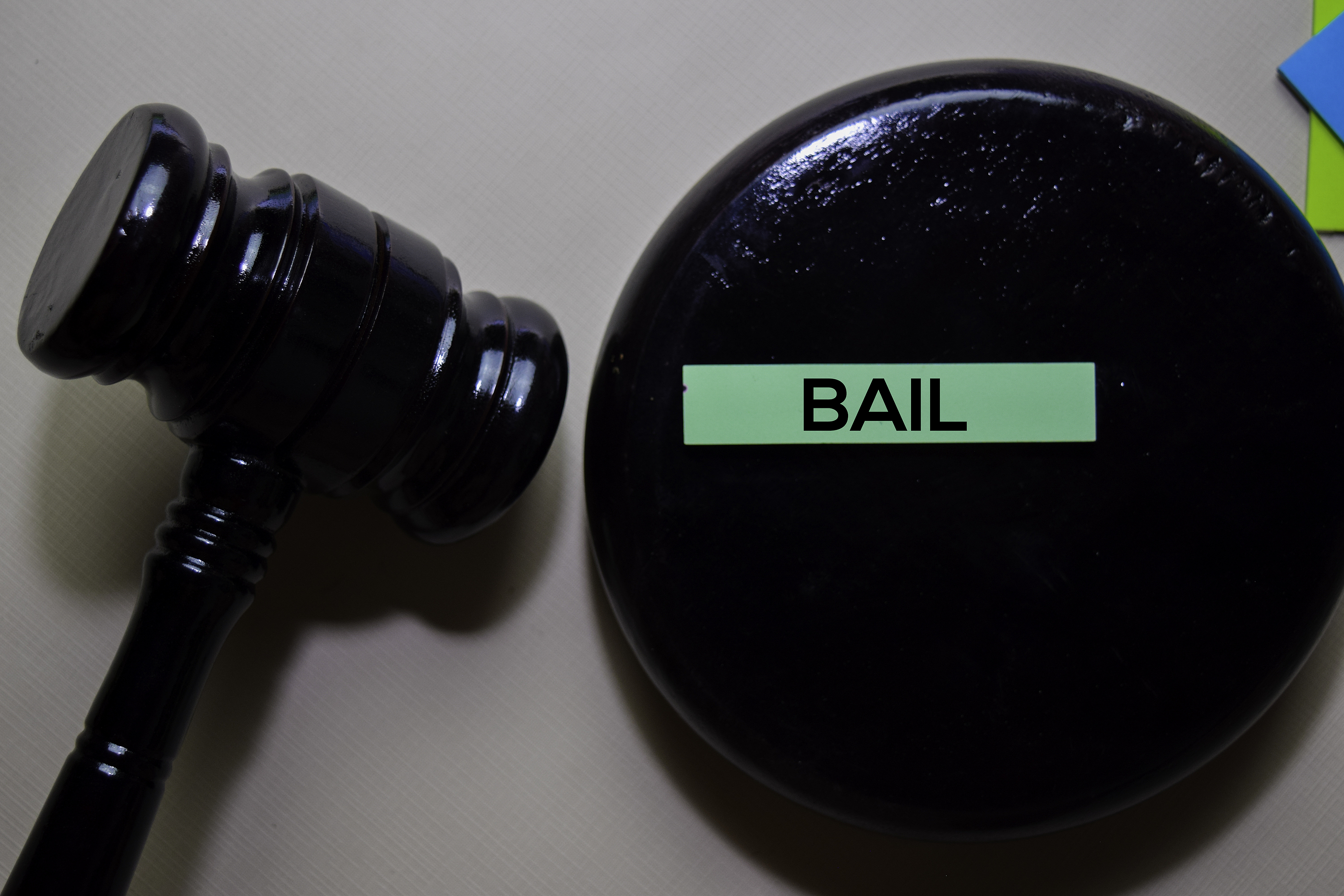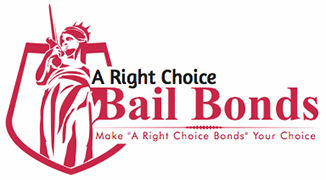
What Is Bail? How Do Bail Bonds Work?
In the U.S. and the Philippines, the cash bail system gives individuals the opportunity to await trial at home. Simply put, bail is set to incentivize you to show up in court. If you fail to attend your trial, you forfeit the cash.
If you or your loved one are struggling to make bail, you are not alone. Bail is often extremely expensive or impossible to post. Working with a bail bondsman is the easiest way to leave prison as quickly as possible. By paying a small percentage of your bail (12% in the state of Louisiana) and any service fees, a bail bondsman will help you or your loved one return to the safety of your home. A bail bondsman secures your release by stating to the court that they will post your bail using your collateral if you do not show up to court.
The bail bond is exonerated (terminated) after you appear in court. This means that your valuables are then returned to you. (However, the fees paid to your bail bondsman are not.) If you flee before your hearing, your bail bondsman will post your bail and you will likely be pursued by a bounty hunter.
The Purpose of Bail Schedules
The judge sets your bail according to a bail schedule, which provides guidelines for how bail should be set according to the nature of a crime. The judge can increase or decrease your bail according to circumstantial factors. Previous criminal charges and failures to appear in court will likely increase your bail. The seriousness of your crime(s) and the consequences for your community will also impact the judge’s decision.
You raise your chances of lowering your bail by having a proven record of lawful behavior (good standing in your community and no prior arrests). Additionally, the judge may set bail in your favor if you are judged as low flight risk (a native of the area and no prior absences in court).
Debunking Myths About Bail Bonds
There are many working parts to the legal system, so you or your loved one may be overwhelmed trying toget all the facts. Do not be fooled by these common myths about how bail bonds work:
1. A Bail Bondsman Can Lower Your Bail
A bail bondsman is not a litigator. Your bail bondsman is limited to working with the court to secure your release from prison. Additionally, your bail bondsman cannot convince the judge to grant you bail.
2. Bail Bondsmen Are Untrustworthy
This is a common misconception due to crime films and courtroom dramas. A respectable bail bond company employs bail bondsmen who undergo many hours of training to become licensed. The typical bail bondsman is committed to seeing you or your loved one await trial in the comfort of your home.
3. Real Estate Is the Best Form of Collateral
You do not need to own a home or land to work with a bail bond company. There are many forms of bail bond collateral besides cash and real estate, such as precious metals (diamond rings, and silver or gold bars), electronics (laptops, computers, and sound systems of good market value), and vehicles and boats (to which you hold the title).
Your bail bond company should also be willing to answer any questions you may have. If you’re struggling to understand how bail bonds work, consult with your bail bondsman to clarify the process.
A Right Choice Bail Bonds is proud to serve individuals in Lake Charles, Louisiana and surrounding areas. We specialize in traffic violations, DWI, and DUI cases. Our team of bondsmen are not just trained and certified, but also personally invested in reuniting clients with their loved ones. Call us today at (337) 429-2996 for a free consultation! (Se habla español.)
